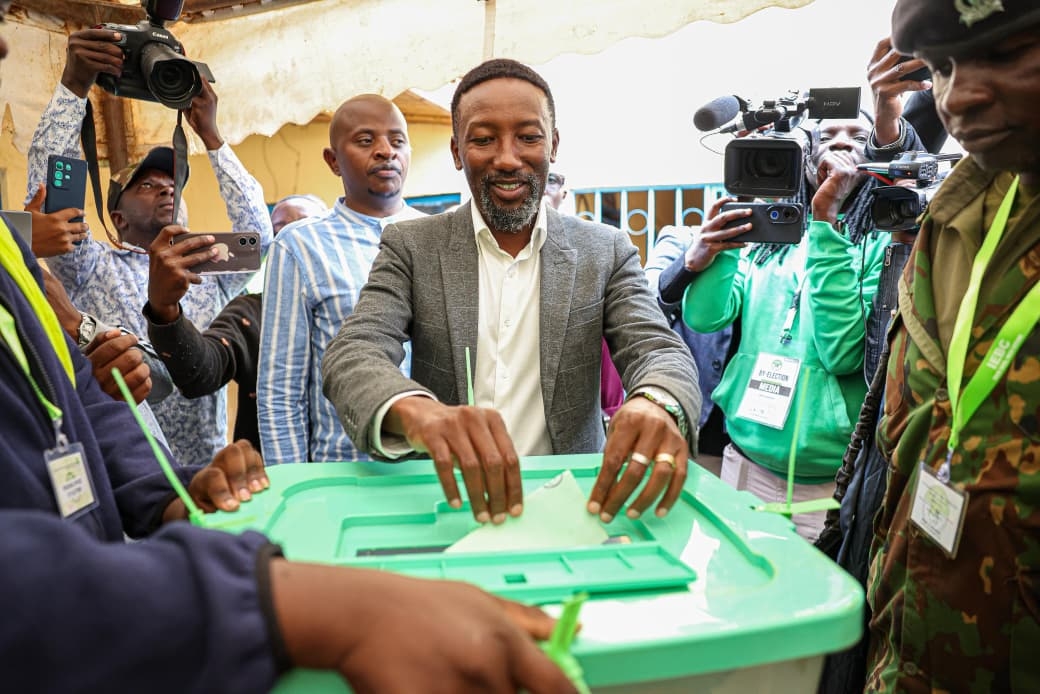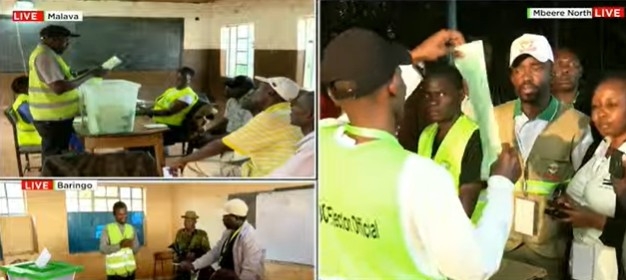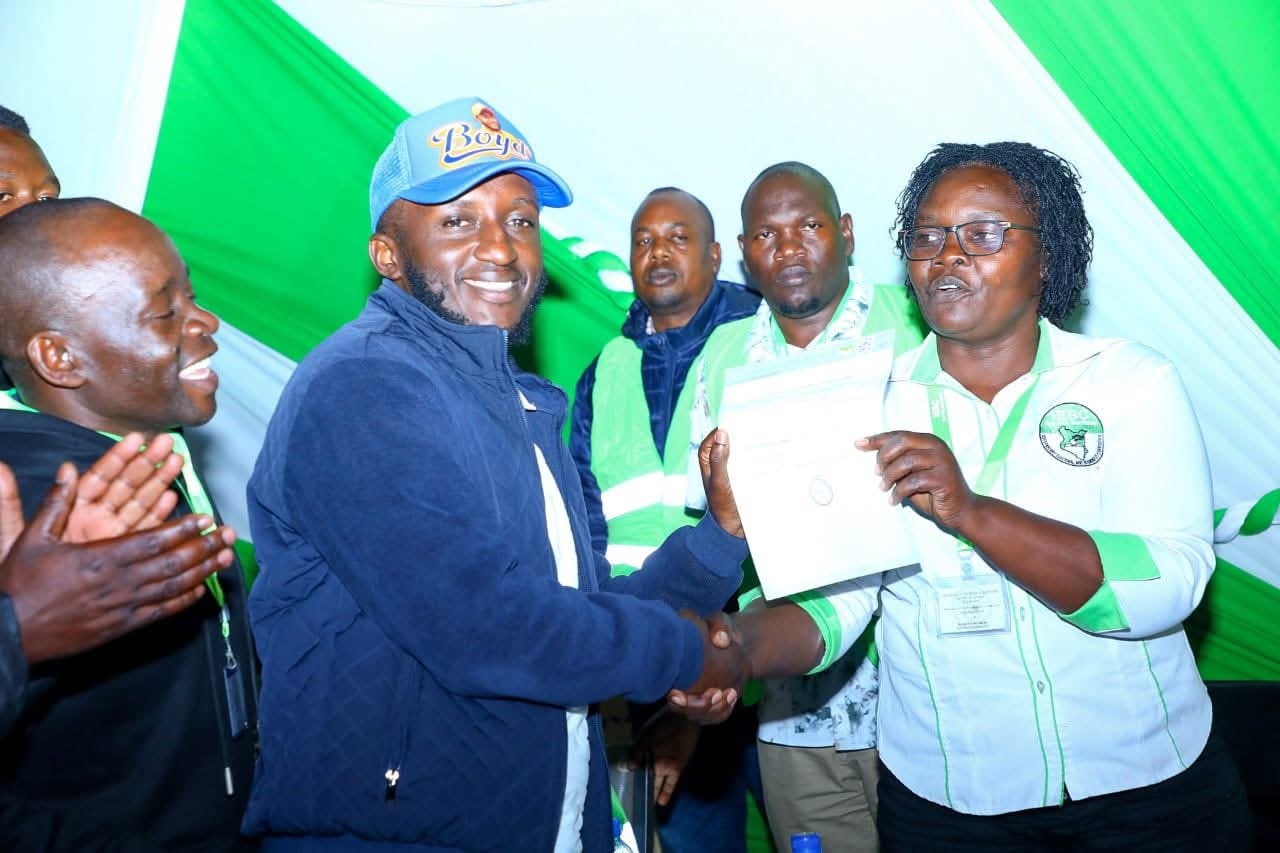Nyandarua County KWS Game Warden Paul Wambugu has said that clearing of bushes and wildlife habitat, depleted sources of food for the wild animals and invasion into migratory routes were some of the causes of these invasions.
"Such attacks are mainly caused by marauding elephants, buffaloes and hyenas that have wreaked havoc in many parts of the country," Wambugu said.
Wambugu was speaking on Wednesday at a public baraza at Mwangaza village in Kipipiri Constituency, where a 42-year-old man was gored by a lone stray buffalo and later succumbed to injuries.
Residents claimed investors have continued to clear land for agricultural activities in their neighbourhood and this has contributed to the increased invasions.
James Kimani and Njogu Thiu, both residents from Mwangaza village, claimed that the invasions have caused residents to live in fear and they now want the government through KWS to intervene and reduce the menace.
According to KWS, such conflicts disrupt both subsistence livelihoods and industrial economies and may accelerate the rate at which human-wildlife conflict drives wildlife declines.
Residents living in areas heavily infested by wildlife animals have been urged to take caution and ensure they learnt diverse ways to avert attacks and also protect the animals.
Wambugu said identifying the pathways allowed for developing mitigation strategies and proactive policies to limit the impacts of human–wildlife conflict on biodiversity conservation and human well-being in a changing climate.
The KWS official encouraged victims to ensure they reported such cases promptly so that proper investigation could be conducted to facilitate their compensation.
The investigations would help identify the animals involved, the damage caused, and thereafter, victims fill out compensation forms to kick start the process, he said.
Increased wild animal invasion into people’s land has been attributed to the adverse effect of climate change and clearances of bushes and their habitat for agricultural purposes.
Climate change and human-wildlife conflict are both pressing challenges for biodiversity conservation and human well-being in most parts of the country which has left scores of people killed and others nursing injuries during the attacks.
According to KWS officials, climate change is a critical yet under appreciated amplifier of human-wildlife conflict, as it exacerbates resource scarcity, alters human and animal behaviours and distributions which increases human-wildlife encounters.















